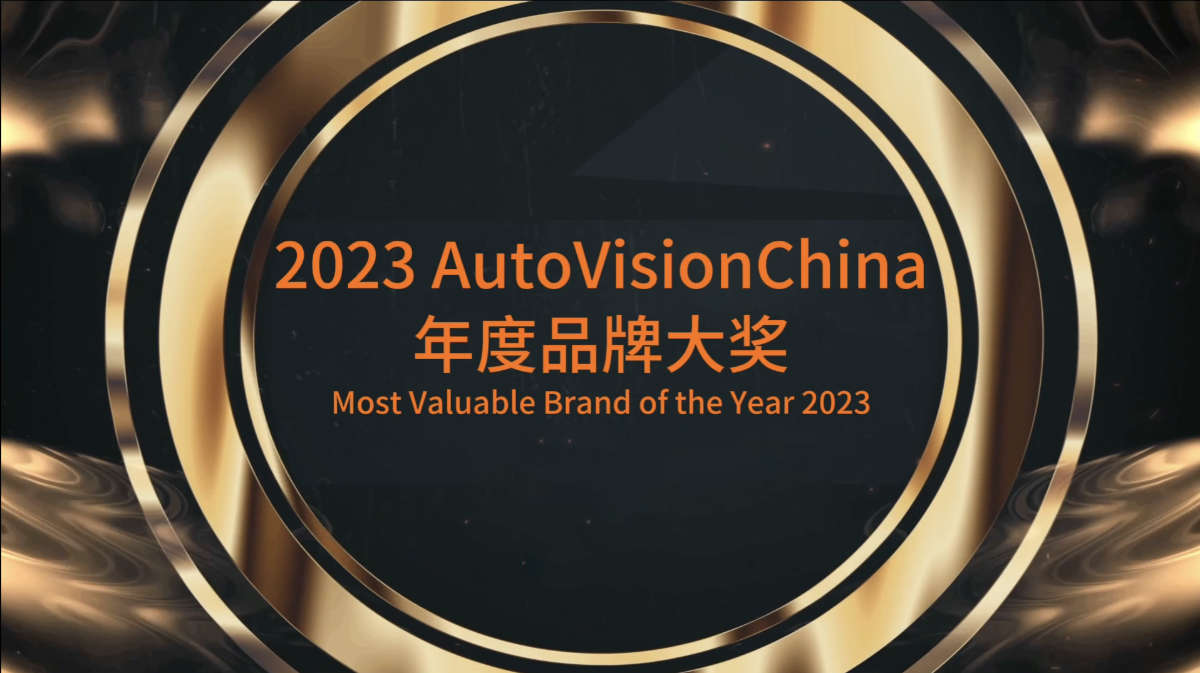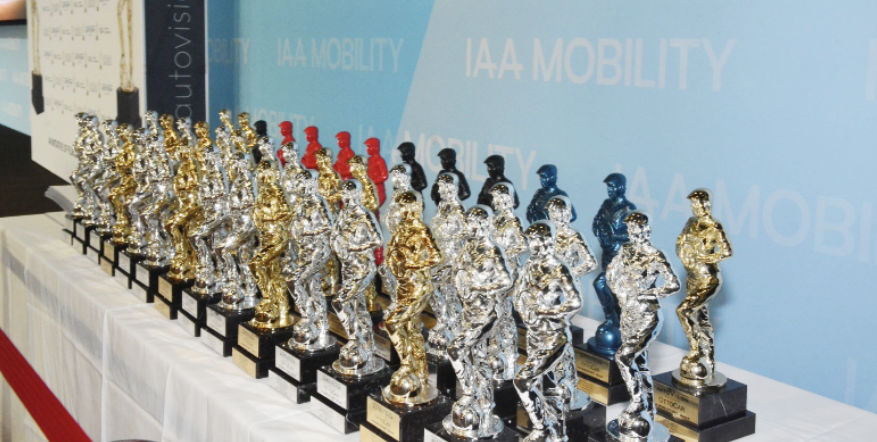In recent years, China's new energy vehicle industry has shown continuous technological innovation and improvement in the industrial chain, leading to a strong momentum of Chinese electric vehicles expanding globally. However, in mature markets like Europe, Chinese automotive companies still face significant challenges and need to strengthen brand communication from multiple dimensions to gain trust from overseas consumers. According to the latest data from the China Association of Automobile Manufacturers, from January to August this year, China exported 727,000 new energy vehicles, a year-on-year increase of 1.1 times, demonstrating robust development potential. At the recently concluded 2023 Munich Motor Show (IAA MOBILITY 2023), several Chinese automotive companies, including BYD, Lixiang, MG, XPeng, and leading component manufacturers like CATL, stood out as highlights of the exhibition. Various new energy technologies and products showcased received recognition from international peers.
Approximately 50 Chinese exhibitors participated in this year's Munich Motor Show, doubling the scale compared to the previous edition and ranking second only to the host country, Germany.
However, the acceptance of domestic brands in the European market still needs improvement. Data indicates that in 2022, BYD sold only 4,239 vehicles in Europe, NIO sold 1,223 vehicles, both with a market share below 0.5%. In the first half of 2023, NIO's sales in Europe were 832 vehicles, averaging about 137 vehicles per month. SAIC and Geely, with relatively good market performance, rely on MG and Polestar brands, which already had a brand foundation in Europe. The combined market share of the two in the European new energy vehicle market is 5%.
As Eric Lauman, Chairman of the Louman Group, a Dutch automotive distributor, pointed out, Europe is the birthplace of automobiles, and European consumers have always trusted local brands. Gaining their favor is not an easy task.
Additionally, on September 13, European Union leaders formally announced an impending anti-subsidy investigation against Chinese electric vehicles, adding uncertainty to the development prospects of Chinese new energy vehicle brands in Europe.
Building a brand to leverage European consumers' purchasing intentions and achieving steady development in the European market has become a major challenge for domestic automotive companies. Chen Yong, Chairman of AutoVision China, emphasized that when Chinese automotive brands integrate into international markets, they should learn advanced brand management experiences worldwide, cater to the travel needs of consumers from different cultures and lifestyles, integrate the brand into life, and build user trust.
Fabian Brandt, Partner and Global Head of Automotive and Industrial Products at Oliver Wyman, also mentioned that for European consumers, Chinese new energy vehicle brands may still be relatively unfamiliar. If Chinese companies want substantial development in Europe, gaining customer trust is the first step.
Therefore, in addition to refining product capabilities, establishing sales and service networks, and creating a positive reputation, automotive companies should strengthen international cooperation and communication. By utilizing third-party evaluation and communication platforms, they can increase brand visibility and win consumer trust.
On the opening day of the Munich Motor Show, BYD, GAC, Lixiang, and XPeng won the 2023 AutoVision China Annual Brand Awards, marking the first time Chinese automotive brands have received this recognition. For the winning companies, this undoubtedly reflects their strength and holds significant meaning for expanding into the European market.

AutoVision Awards, established in 1993, is the only international award for automotive creative visuals at the Munich Motor Show (formerly the Frankfurt Motor Show). It holds a strong influence and brand certification value in the global automotive field, often referred to as the "Oscars" of the automotive industry.

Cultivating brand and consumer trust is a key factor for continually dominating the market and acts as a "ballast stone" for sailing through industry turbulence. When Chinese brands win awards alongside international brands like Volvo and Mercedes-Benz, it undoubtedly adds trust from overseas consumers to newly entering Chinese automotive brands in the European market, injecting development power into Chinese brands amid fierce international competition.
The global expansion of Chinese automotive enterprises requires robust brand support. Transitioning from "Made in China" to "Chinese Brands" is crucial. Only by creating high-end brands with international competitiveness can Chinese brands rise and compete globally, achieving the quality improvement and leapfrog development of "Made in China."